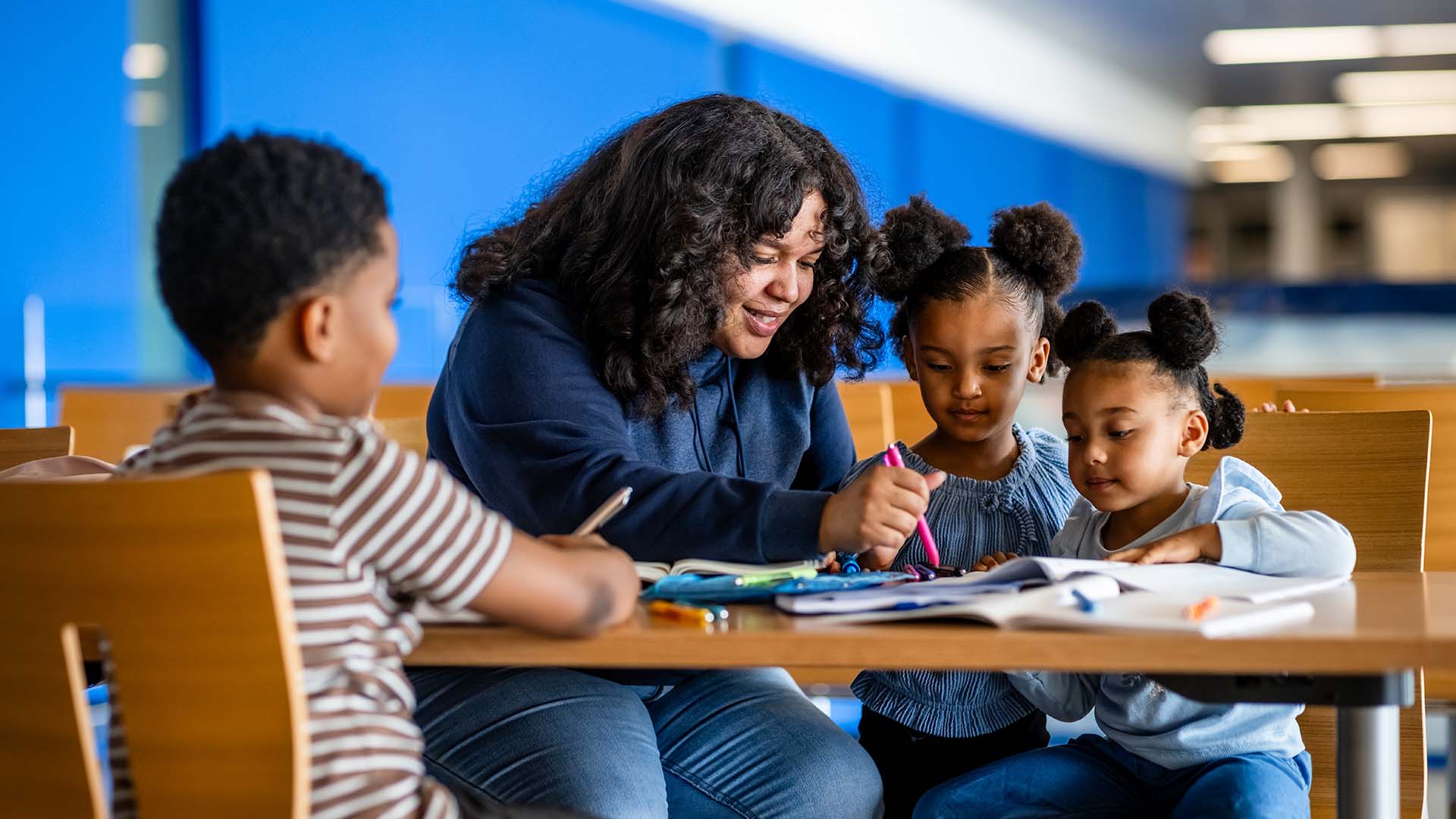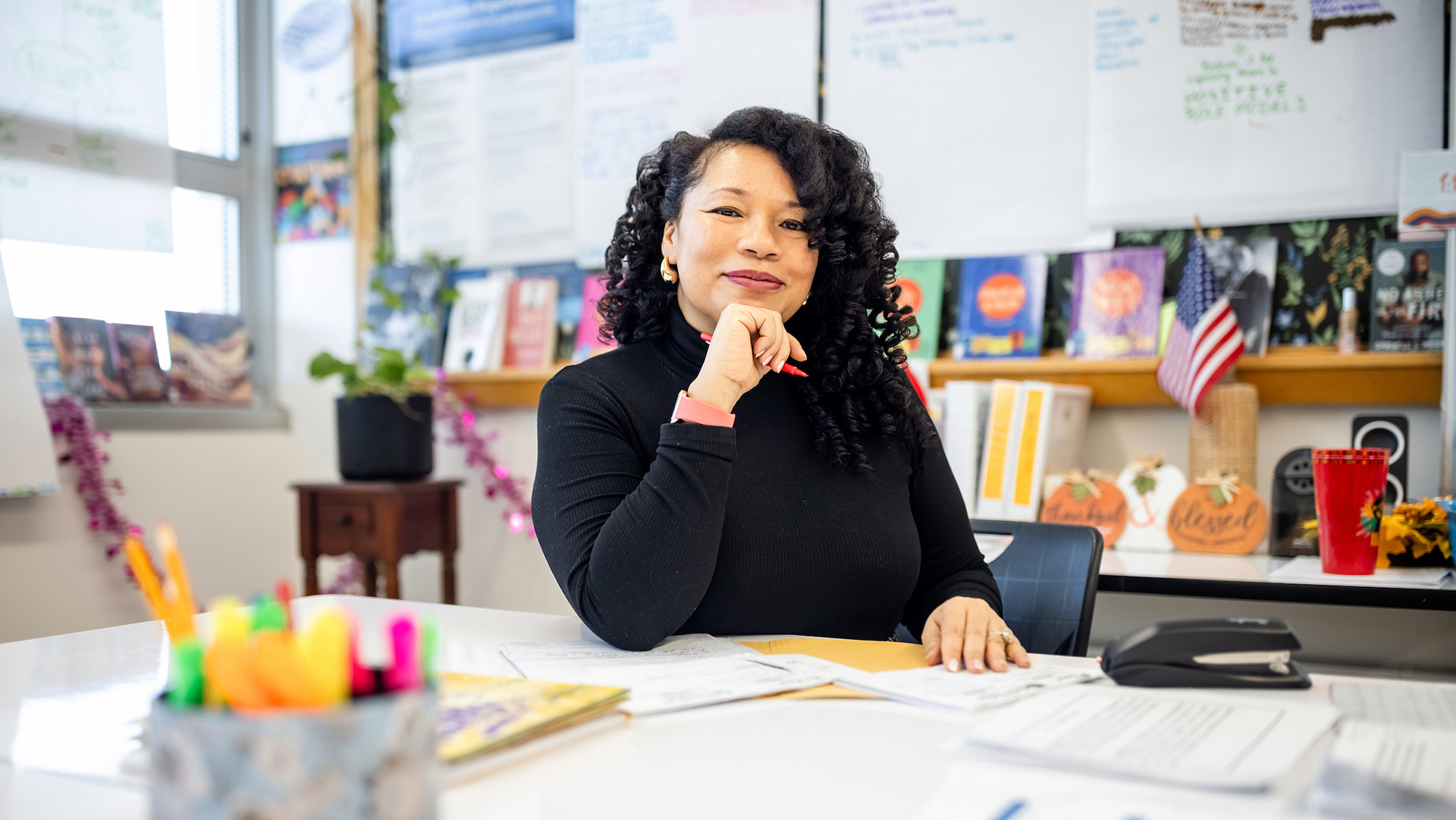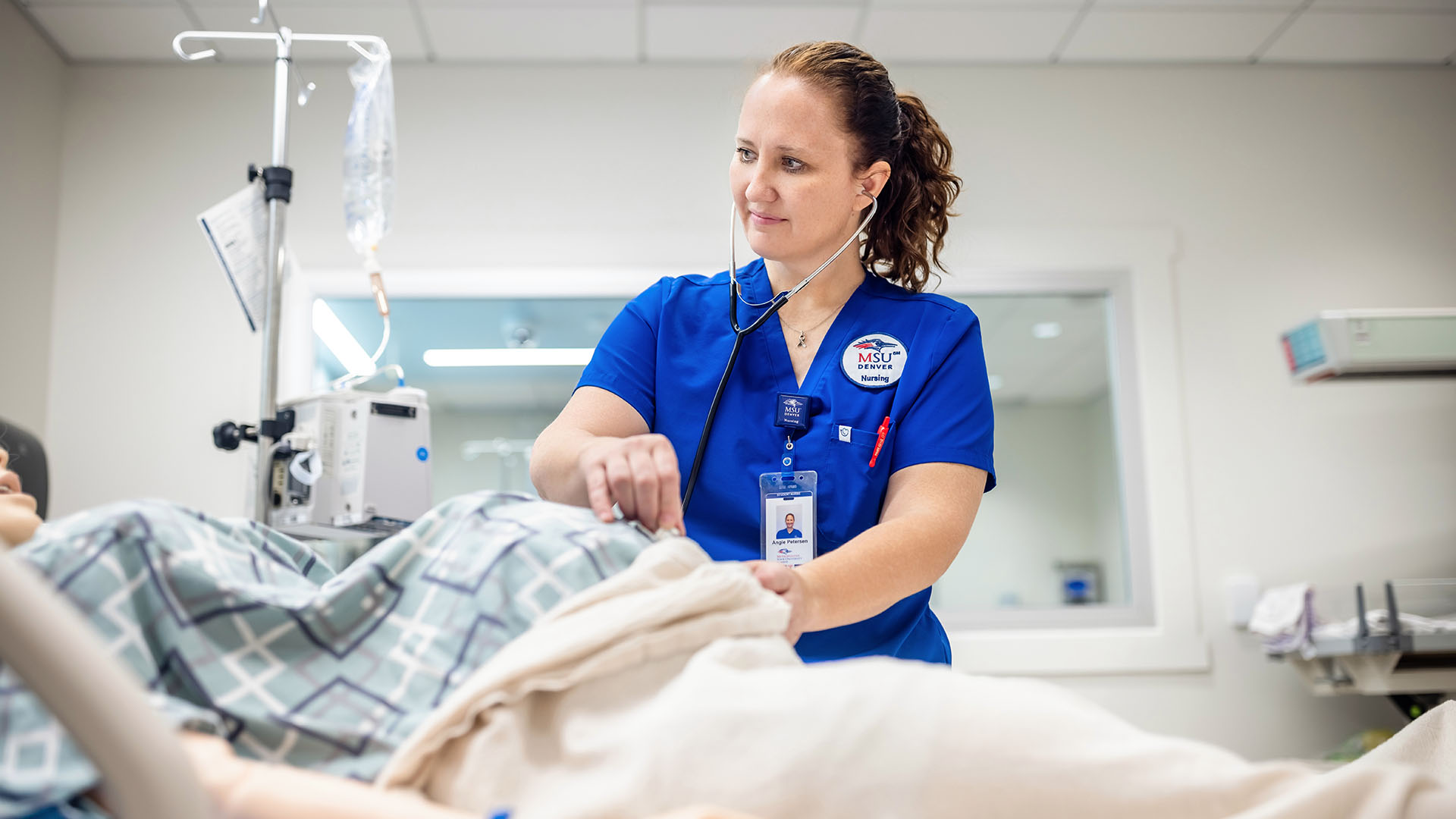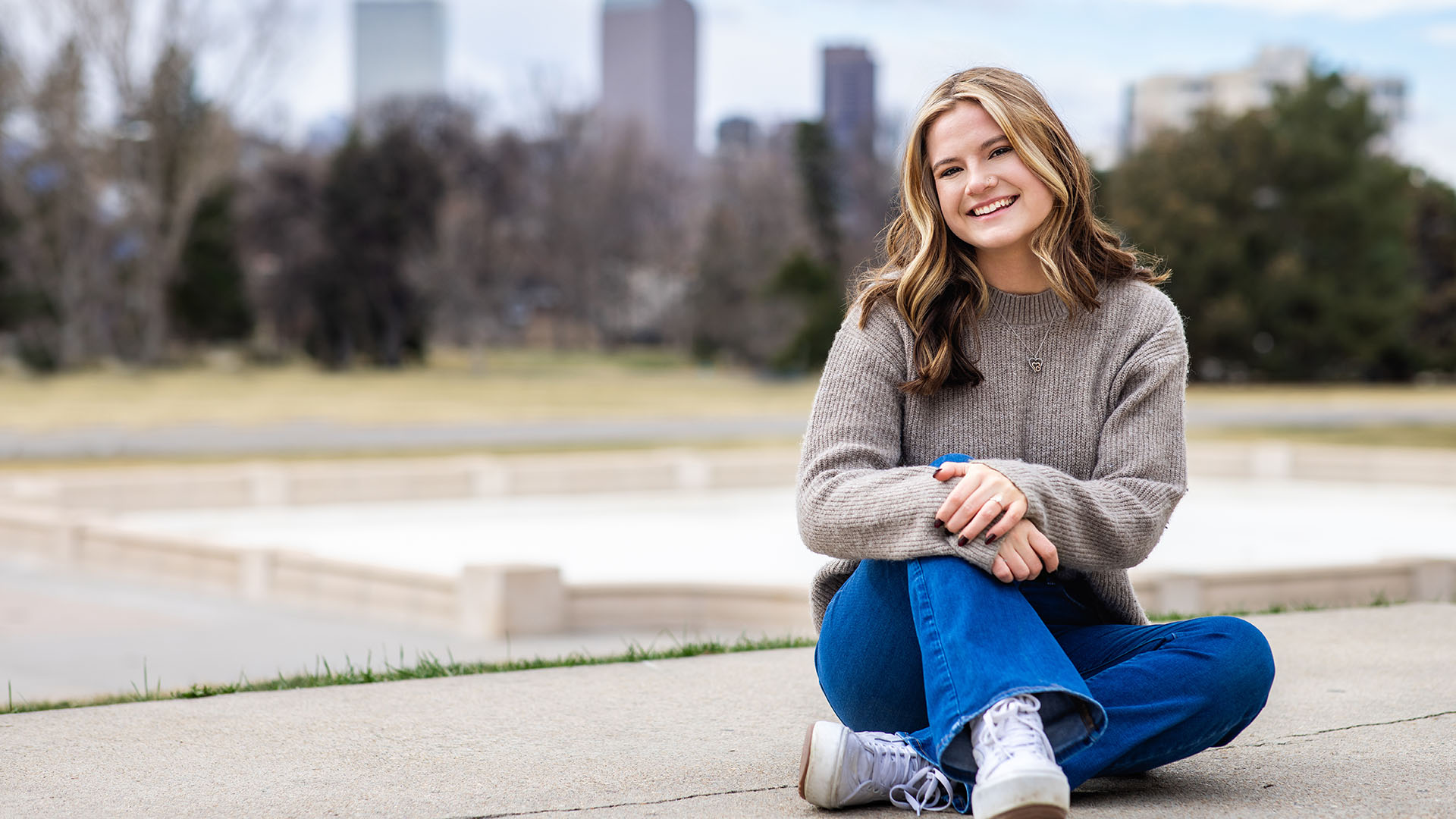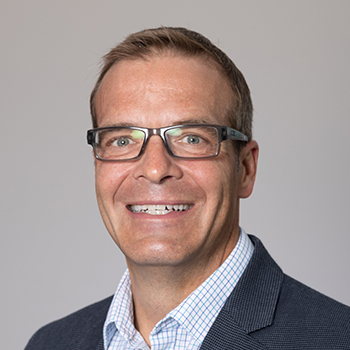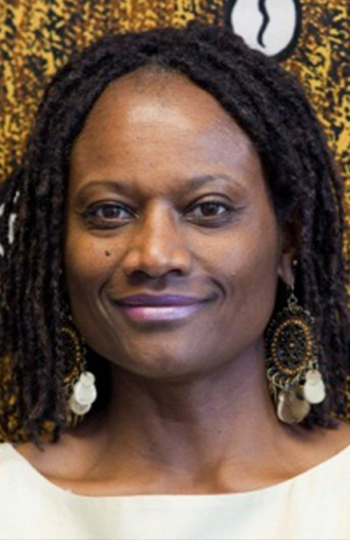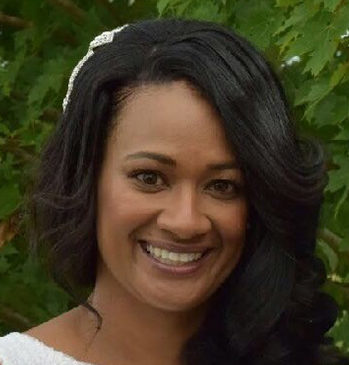Adult learners get back on track with financial-support program
When life doesn't go as planned, some college students must drop out. Now they have incentive to finish what they started.
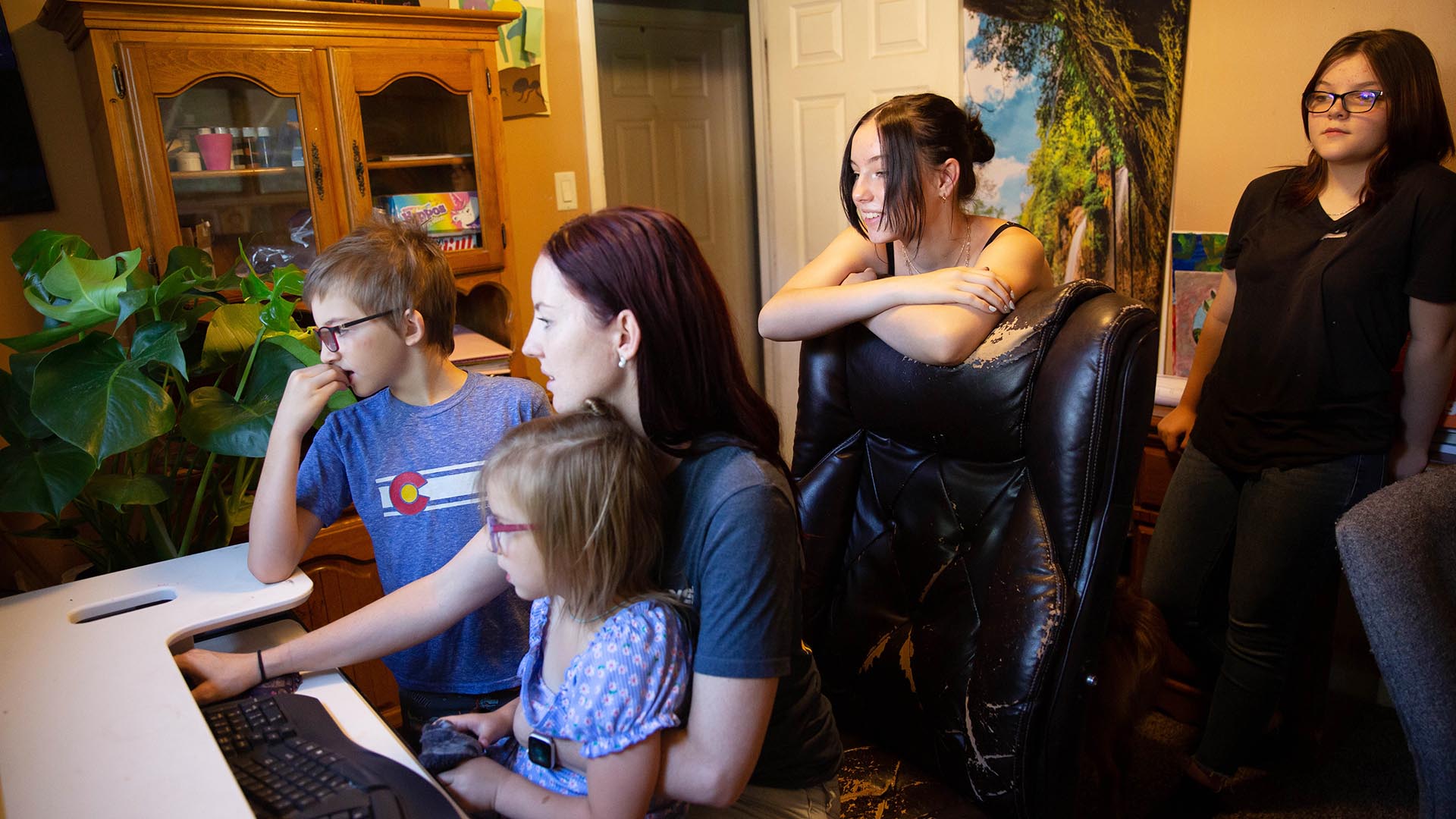
Carrie Berglund first started college in 1989, but family responsibilities caused her to stop her education one semester shy of graduating.
After 30 years on the streets as an addict, Damien Carroll, 62, found recovery and hope in Las Animas and Otero Junior College, but then Covid-19 hit and interrupted his schooling.
Adel Ishnenah graduated from high school in 2017 and went straight into college, but then he stopped out when he realized he didn’t know what degree he wanted to pursue.
And Heidi Keryan started college in 2009 as a young single mom, but without a strong support system she wasn’t able to finish.
Those four students from different walks of life — and dozens more — are getting a second chance at college in part because of the newly funded Metropolitan State University of Denver Finish What You Started grant program. The program provides recipients with personal, professional, academic and financial support to complete their degrees.
“We saw so many students who were so close to graduation, so this program is really targeting those individuals who have a degree within reach,” said Tana Ridgeway, a reengagement navigator for MSU Denver and the Colorado Opportunity Scholarship Initiative, which oversees Finish What You Started.
RELATED: Scholarships, resources help adult learners finish what they started
According to the U.S. Department of Education, the national four-year graduation rate of public colleges and universities is 33.3%, suggesting that a large percentage of students face barriers to graduating in four years — or at all.
“We want these students to see themselves in the future they envisioned when they started school,” said Ridgeway. “We’re about more than just the academic credits needed to graduate: Financial literacy, résumé writing and other business skills are all part of the program.”
Students also have a navigator (or mentor) throughout the program and receive $1,000 in financial aid the first semester they reenroll. They then get $500 each subsequent semester until their final semester, when they again receive $1,000. There’s additional funding available for emergencies and community resources to help recipients finish their degrees.
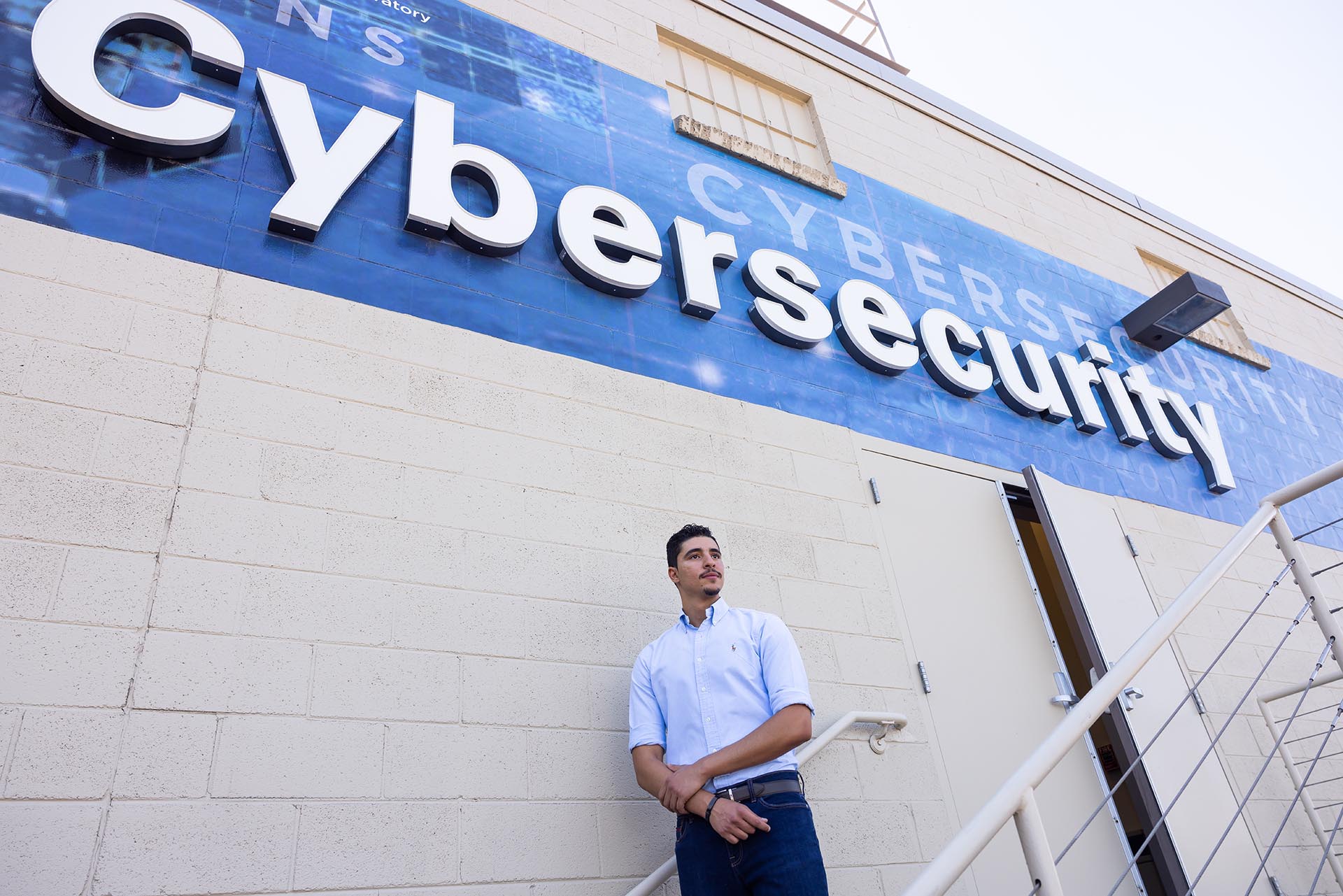
Ishnenah, who recently started his first year in the program, found that mentors were vital to his success. “It really helped emotionally to have a mentor,” he said. “Mine told me it took him 10 years to finish his bachelor’s degree. He gives me support to finish my degree, and it just makes a difference to have someone watching my back. I know I can reach out when I need help, and he sends me networking opportunities.”
Ishnenah studied Aerospace when he started college in 2017 but has since switched to Cybersecurity. He sees a lot of potential in the field and looks forward to paying back what he says is the kindness he received. “I hope we see this program available at other universities,” he said. “This program is a huge investment, and with a more educated workforce and more job opportunities, we’re all winning.”
Finish What You Started serves 89 students, and administrators hope to accept 450 more this fall. “Overall, we have funding for 900 students, and they have to graduate by spring 2026, when the grant funding runs out,” said Ridgeway.
Grant recipients must be Colorado residents, have no other bachelor’s degrees, have at least 30 credits toward a degree and have been out of school at least two consecutive semesters prior to reenrolling.
RELATED: State stimulus bill aims to help Coloradans go back to school
You’re eligible for the Finish What You Started program if you:• Are a Colorado resident or classified as a resident for tuition purposes (ASSET students are eligible). • Have completed 30 or more credit hours (including transferable credit hours) towards degree. • Have not earned a degree (including associate and bachelor degrees). • Have been out of college for at least two semesters (summer included) immediately prior to re-enrolling. • Have experienced financial hardship due to the pandemic (including but not limited to rising housing or food costs, housing insecurity, a decrease in wages or work hours).
|
|
Keryan is a junior who hopes to graduate in fall 2023 or spring 2024 with a degree in Accounting.
“I have a support system now that I didn’t have in 2009,” she said. “My husband and four kids are very supportive, and I’m in the workforce doing financial analysis and risk modeling. I love that my degree is filling in some of the knowledge gaps that I had.”
Berglund is also thankful for a strong family support system.
“My kids are thrilled, honestly, and my daughter, who is 25, is the one who really pushed me,” she said. “I was always a good student but was worried about going back at my age — afraid I’d be cognitively subpar, but that hasn’t been the case. I’m hyper-focused and getting really good grades.”
Berglund plans to pursue a graduate degree at MSU Denver after finishing her bachelor’s.
“Having that maturity and drive has made a big difference,” she said.
Carroll had been studying to become an X-ray technician at Otero Junior College when Covid-19 stopped him in his tracks. He ended up completing an addiction-recovery program in Las Animas and said he decided to go back to school after MSU Denver contacted him about joining the Finish What You Started program.
Now, with the guidance of Monique Left Hand Bull in MSU Denver’s Department of Human Services and Counseling, he’s studying to be a substance-abuse counselor.
“I’ve had so many people rooting for me and my success,” said Carroll. “I’m ready for this next chapter and know I can share my mistakes and experiences to help others in the same situation. I feel blessed to get the chance.”

